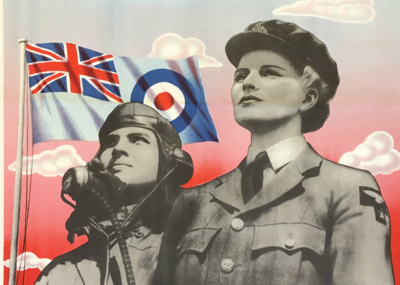Justyna’s Diary
Gusta Dawidsohn-Draenger
1943
At that time the apartment at No. 13 was the base for all underground activities. Toward evening, groups of two or three left stealthily, some to take action against traitors and informers within the ghetto, others to seek arms on the outside. A minute before the curfew they returned, out of breath, at times triumphant, at times mortified at having…
Creator Bio
Gusta Dawidsohn-Draenger
Gusta Dawidsohn-Draenger, whose nom de guerre was “Justyna,” kept a Polish diary in which she documented the saga of the Jewish armed resistance. Born in Kraków to a family of Ger Hasidim, she was a member of the Zionist Akiva youth movement. When World War II broke out, she and her husband, Szymon (Szymek) Draenger, worked underground forging identity documents and publishing Heḥalutz haloḥem, in Polish. Referring to herself in the third person, “Justyna” dictated her diary to her fellow cellmates over a three-month period during her imprisonment in 1943. It was recovered and published after the war.
Related Guide
Holocaust and Post-Holocaust Life-Writing and Reportage
Life writing and reportage captured individual Jewish experiences in a period of conflict and uncertainty.
Related Guide
The Holocaust: Years of Catastrophe
Jewish writing in Nazi-occupied areas documented ghetto life, moral questions, and Jewish identity, while writers in free zones grappled with the unfolding tragedy.
Jewish youth movements anchored underground activity in the ghettos. One young resistance leader, Gusta Dawidsohn-Draenger, wrote on toilet paper about her experience in the resistance as she awaited her death in prison. In this excerpt, she reminisces about celebrating Shabbat with her friends during the war. We can see the importance of the camaraderie and community created by young Jews in the midst of desperate circumstances. These reflections capture the bravery, resilience, and commitment in making resistance against the Nazis the highest form of living.
What is the significance of this “last supper” taking place on the Jewish Sabbath?
What do you think the author means by confronting death with dignity?
Can you imagine the “strong emotions” the author describes in the “wide-open black pupils” or who her comrades might have been?
You may also like

Jewish Resistance and the Holocaust
From armed confrontation to religious defiance, Jews fought back against the perpetrators of the Holocaust.


